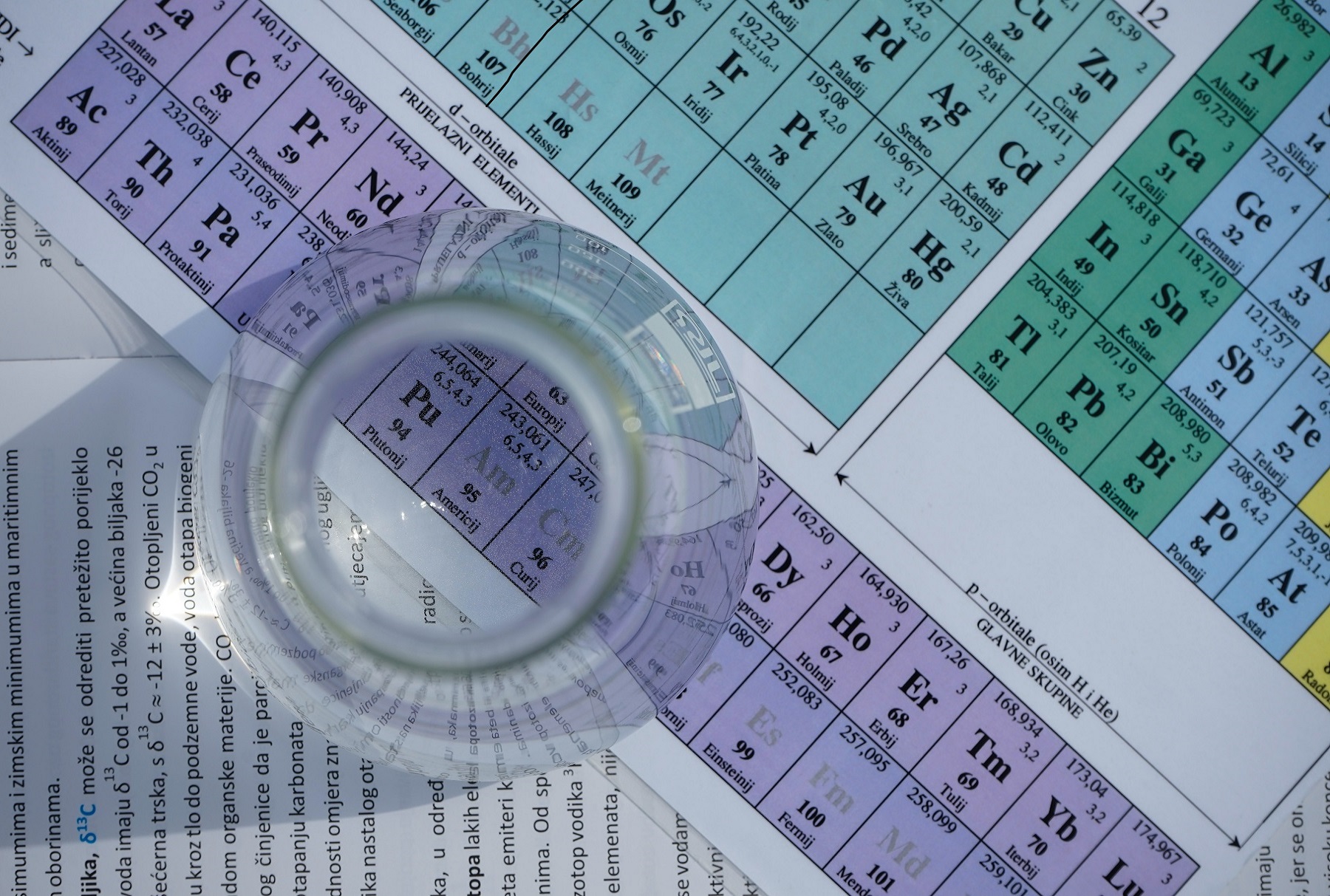University duo win prestigious Royal Society of Chemistry Prizes
Professor Akane Kawamura has been named winner of the Royal Society of Chemistry’s Jeremy Knowles Award, while Dr James Dawson has been recognised with the Harrison-Meldola Memorial Prize.
13 June 2023
Professor Kawamura, Knowles Award
Professor Kawamura won the prize for the development and application of cutting-edge technologies and chemical probes to study and modulate therapeutically important biological processes.
Professor Kawamura also receives £3,000 and a medal.
After receiving the prize, Professor Kawamura said: “I am absolutely thrilled and deeply honoured to receive the Jeremy Knowles Prize. The prize is also a testament to the talented team and my many collaborators with whom I have worked with over the years.”
Professor Akane Kawamura works at the interface between chemistry, biology and medicine. Her research focuses on understanding the molecular mechanisms of enzymes and proteins that are linked to diseases, such as cancer, and developing chemical tools to study and modulate their function.
Akane’s group employs a variety of biochemical, biophysical and cell-based methods, alongside the development of peptide and small molecule based chemical tools. Her group has a particular interest in proteins that regulate epigenetic modifications on histones and DNA to improve our understanding of their mechanisms and how they influence the expression of genes in cancer. Her group also works on tackling challenging protein-protein interactions of biomedical importance, including cancer targets, chemokine signalling and inflammation.
Dr James Dawson, Harrison-Meldola Memorial Prize
Dr Dawson won the prize for outstanding contributions to the understanding and modelling of ion transport and interfaces in energy materials.
Dr Dawson also receives £5,000 and a medal.
After receiving the prize, Dr Dawson said: “I am truly honoured to receive this prestigious prize, especially given some of the previous winners and what they have gone on to achieve. I am incredibly grateful to both my nominator and the RSC, and would like to thank all my research group and collaborators for their tremendous support in recent years.”
The need for improved energy materials is one of the most pressing scientific challenges we face. Governments worldwide are investing heavily in renewable energy technologies in their efforts to achieve net zero emissions by 2050. The Dawson group employs computational modelling to improve the fundamental understanding and performance of materials for energy storage, conversion and generation technologies, including batteries, fuel cells and solar cells. Such improvements are critical for developing the next of generation devices required for our current and future energy demands.
At the forefront of tackling a range of challenges facing our world
Dr Helen Pain, Chief Executive of the Royal Society of Chemistry, said: “The chemical sciences are at the forefront of tackling a range of challenges facing our world. From fundamental chemistry to cutting-edge innovations, the work that chemical scientists do has an important role to play in building our future.
“The RSC’s prizes programme enables us to reflect on and celebrate the incredible individuals and teams whose brilliance enriches our knowledge, advances our understanding, and brings new ideas and technologies that benefit society as a whole. We’re very proud to recognise the contributions of our winners today.”
The Research and Innovation Prizes celebrate brilliant individuals across industry and academia. They include prizes for those at different career stages in general chemistry and for those working in specific fields, as well as interdisciplinary prizes and prizes for those in specific roles.
For more information about the RSC’s revised prizes portfolio, visit rsc.li/prizes.
Press release with thanks from the Royal Society of Chemistry.
The RSC’s prizes programme enables us to reflect on and celebrate the incredible individuals and teams whose brilliance enriches our knowledge, advances our understanding, and brings new ideas and technologies that benefit society as a whole
